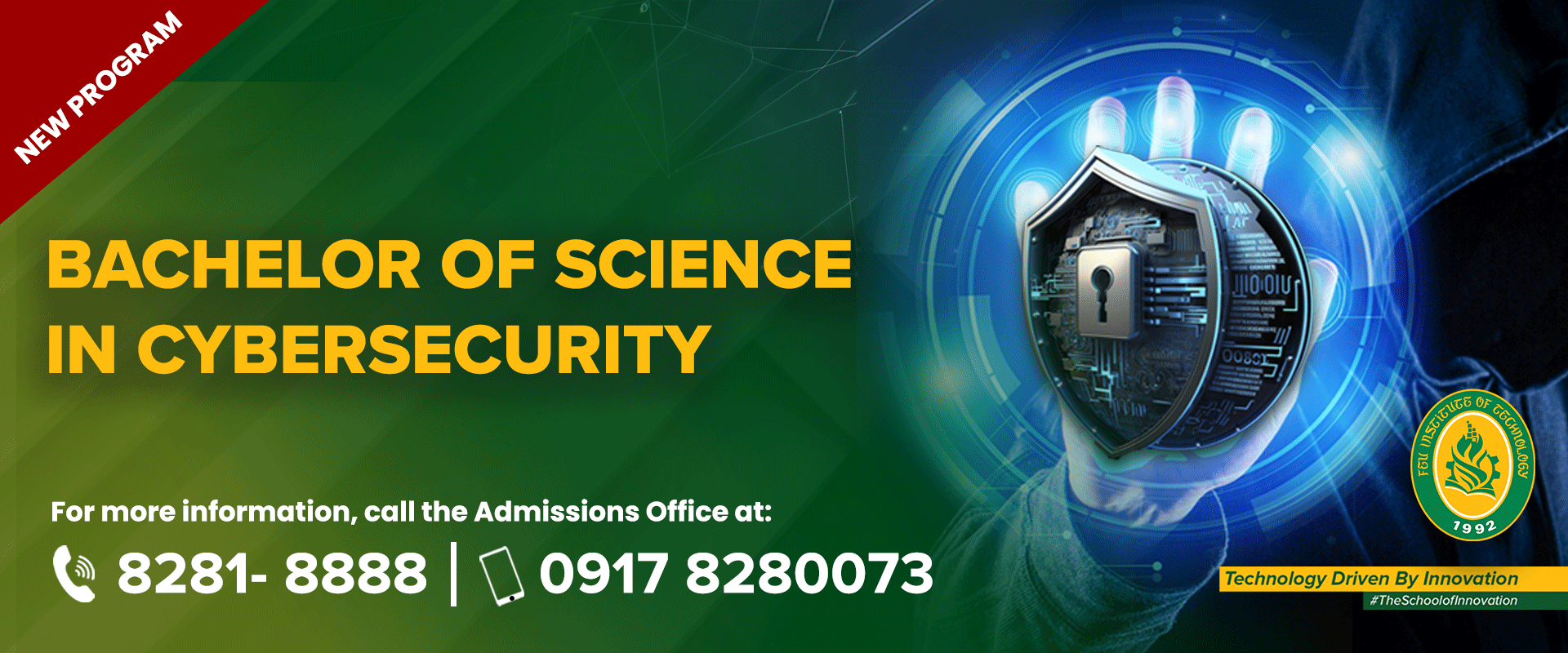We use cookies to analyze traffic and improve your overall experience.

The Bachelor of Science in Cybersecurity program is a computing discipline built on a technical foundation involving technology, people, information, and processes to enable assured operations in the context of adversaries. It is designed to provide students with a comprehensive education in the principles and practices of cybersecurity, covering fundamental concepts of computer systems, networks, and software. As well as advanced topics in cybersecurity, including threat analysis, risk management, and incident response. The interdisciplinary program incorporates aspects of law, policy, human factors, ethics, and risk management to ensure the creation, operation, analysis, and testing of secure computer systems.
Upon completion of the program, students will be able to:
Upon completion of the program, students will be able to: